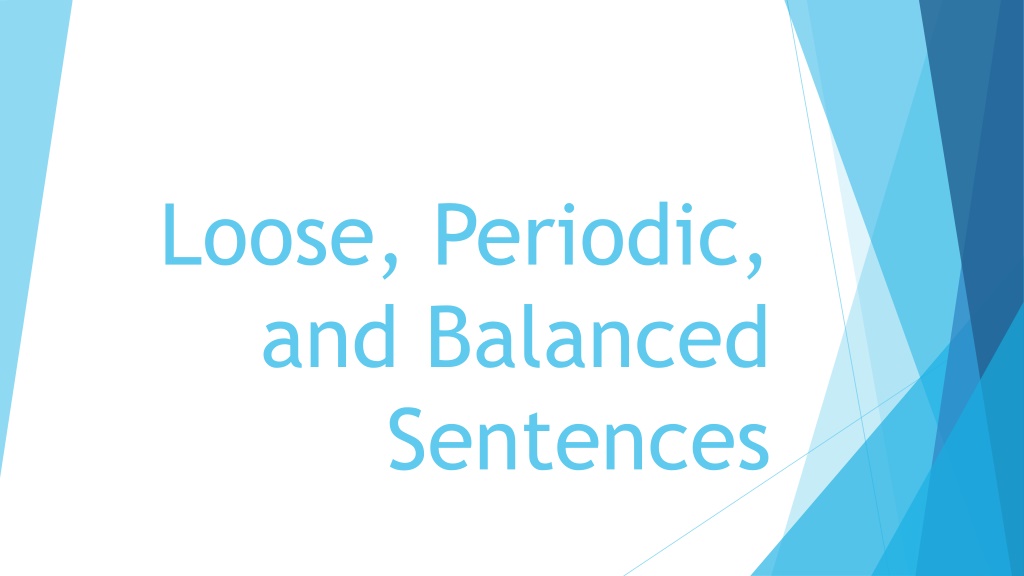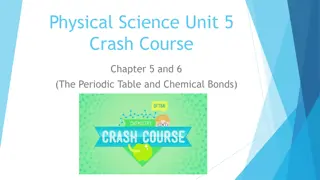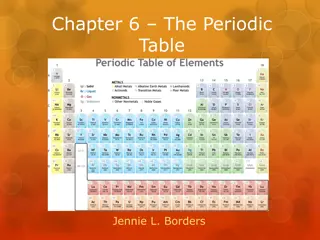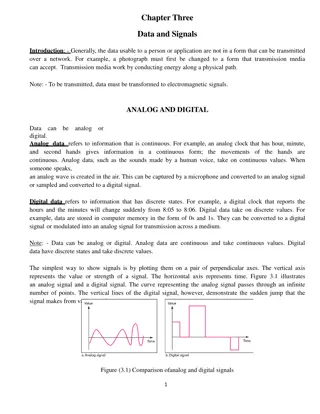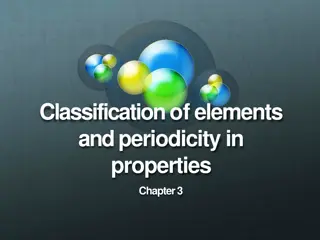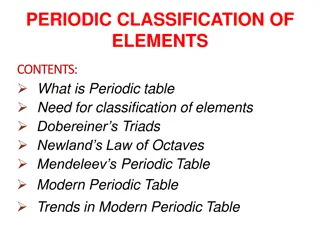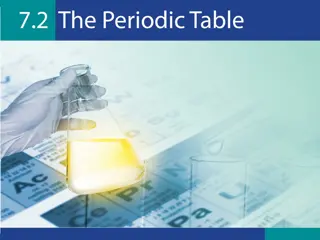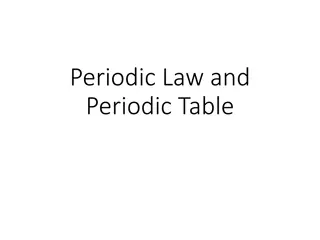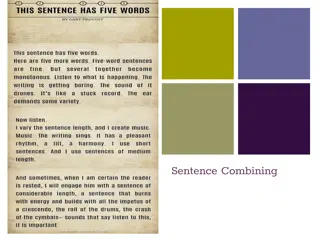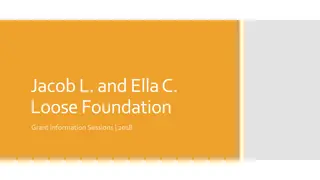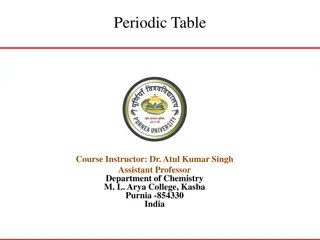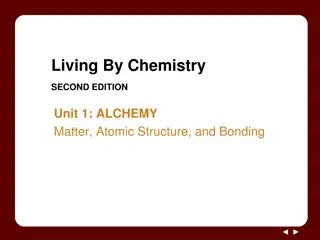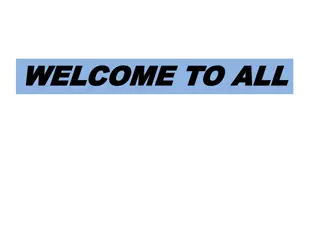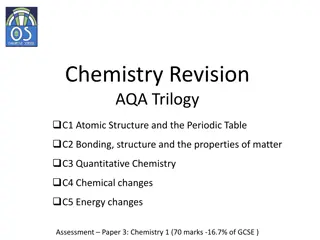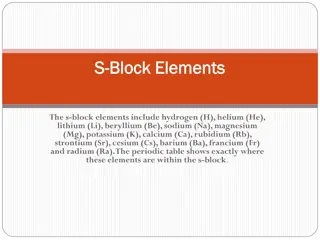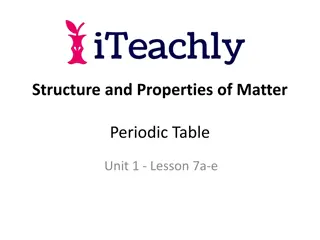Understanding Loose, Periodic, and Balanced Sentences
Explore the definitions, rhetorical purposes, and examples of loose, periodic, and balanced sentences. Understand how these sentence structures impact readability and communication. Learn to differentiate between loose sentences with the main point at the beginning and periodic sentences with the main point at the end. Enhance your writing skills by mastering these sentence structures.
Download Presentation

Please find below an Image/Link to download the presentation.
The content on the website is provided AS IS for your information and personal use only. It may not be sold, licensed, or shared on other websites without obtaining consent from the author. Download presentation by click this link. If you encounter any issues during the download, it is possible that the publisher has removed the file from their server.
E N D
Presentation Transcript
Loose, Periodic, and Balanced Sentences
In this presentation you will Learn the definitions of Loose, Periodic, and Balanced Sentences Learn the rhetorical purpose and function of Loose, Periodic, and Balanced Sentences See examples of Loose, Periodic, and Balanced Sentences
Loose Sentences Definitions, Rhetorical Function, and Examples
Definitions of Loose Sentences A sentence with the main point (independent clause) at the beginning of it, followed by some side points (subordinating clauses) A loose sentence puts first things first; it lets the reader know what it is mainly about when he has read the first few words.
Rhetorical Function of Loose Sentences The most valuable information appears at the beginning of the sentence and the other information follows (logical) Often make a sentence more conversational and clear
Examples of Loose Sentences: Wolves are important in a habitat because they control the numbers of elk, which in turn allows trees to mature so they can offer shelter to birds and insects. Lewis and Clark finally made it to the Pacific coast, after bitter winters and a close call with the Sioux Indians.
Writing a Loose Sentence Basic Statement: The teacher considered him a good student. Loose Sentence: The teacher considered him a good student, steady if not inspired, willing if not eager, responsive to instruction and conscientious about his work. Basic Statement: Bells rang Loose sentence: Bells rang, filling the air with their clangor, startling pigeons into flight from every belfry, bringing people into the streets to hear the news.
Periodic Sentences Definitions, Rhetorical Function, and Examples
Definitions of Periodic Sentences A sentence with the main point (independent clause) at the end of it, often after a couple side points leading up to it (subordinating clauses) The reader does not know what it is mainly about until he finishes reading it.
Rhetorical Function of Periodic Sentences Periodic sentence structure often brings a dramatic tension and suspense to the end of the sentence, stressing its importance
Examples of Periodic Sentences By the smell of barbecuing and the fireworks in the sky, I knew it was Independence Day. To believe your own thoughts, to believe that what is true for you in your private heart is true for all men, that is genius (Ralph Waldo Emerson).
Writing Periodic Sentences Basic Statement: John gave his mother flowers. Periodic Sentence: The tough one, the sullen kid who scoffed at any show of sentiment, John gave his mother flowers. Basic Statement: Love is blind Periodic Sentence: Love, as everyone knows except those who happen to be afflicted with it, is blind.
Balanced Sentences Definition, Rhetorical Function, and Examples
Definitions of Balanced Sentences Using the same pattern of words in similar, or parallel, forms A balanced sentence is one in which sentence elements (words, phrases, clauses) of equal importance are set off against each other.
Rhetorical Function of Balanced Sentences Emphatic and forceful Great for comparisons and contrasts Frames an argument in a balanced and consistent structure to draw attention to it
Examples of Balanced Sentences What we obtain too cheap, we esteem too lightly (Thomas Paine). The President wanted an increase in taxes to reduce the national debt; the Congress wanted a reduction in taxes to stimulate business.
Writing a Balanced Sentence Basic Statements: He got angry. I was sad. Balanced Sentence: On hearing the news, he was angered, and I was saddened.
Good sentences are more than grammatically correct. They are varied in length, in word order, and in their rhetorical patterns.
